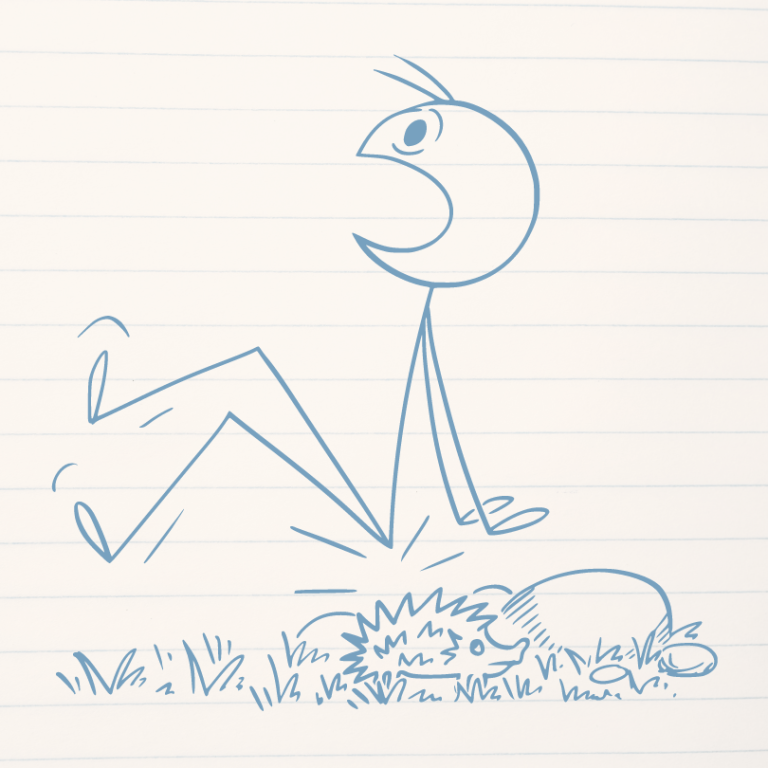In my years of teaching Hebrew, I’ve come across two types of students when it comes to learning verb conjugations, or Binyanim. Knowing which type you are can really help you improve and feel more confident in Hebrew.
Which one sounds like you?
Type 1: The Structured Learners
Some students really thrive on structure. They need to see the big picture before they dive into speaking. These students love conjugations and Binyanim. This structured approach gives them a solid foundation, boosts their confidence, and helps them get closer to mastering Hebrew.
Here’s what usually works for them:
- Detailed Understanding: They need a thorough grasp of verb conjugations to feel secure.
- Structured Lessons: They do best with methodical and systematic lessons.
- Confidence Through Structure: Getting good at Binyanim gives them a strong foundation, making them more confident speakers.
I don’t want to generalize, but I’ve noticed that many of these students tend to be men (though not always!).
Type 2: The Spontaneous Learners
Then, there are the more spontaneous students. For them, structured conjugation lessons don’t always stick. These students often:
- Struggle with Structured Grammar: They find it hard to remember conjugation rules and often “lose it” – their focus and ability to think in Hebrew when Binyanim come into play.
- Learn Through Natural Engagement: They learn better through conversations, TV shows, music, and other natural ways.
- Subconscious Learning: Grammar seeps in over time without them trying too hard.
Good news for you spontaneous learners…
Luckily, Hebrew only has three tenses: past, present, and future. And 7 Binyanim. With lots of irregular verbs… Also, native speakers, even those with the best grasp of the language, aren’t always aware of the Binyanim unless they focus on them.
So, while learning verb conjugations can help you understand the language and build confidence, you can also progress naturally. As you learn more vocabulary and engage with the language, your brain will slowly sort things into the right “Hebrew drawers.” Over time, you’ll find that you start to understand more and more.
Conclusion: Find Your Balance
Find your balance and focus on your strengths. There’s no one way to approach a new language, but I believe that focusing on what comes naturally to you and motivates you is your best way for you to learn. For example, I learned a lot of Spanish just from listening to TV and songs (but I was also very young. I’m not sure I could learn that way today…).
So, whether you thrive on structure or learn better through natural engagement, embrace the method that works best for you and stay motivated.
Good luck!!!





